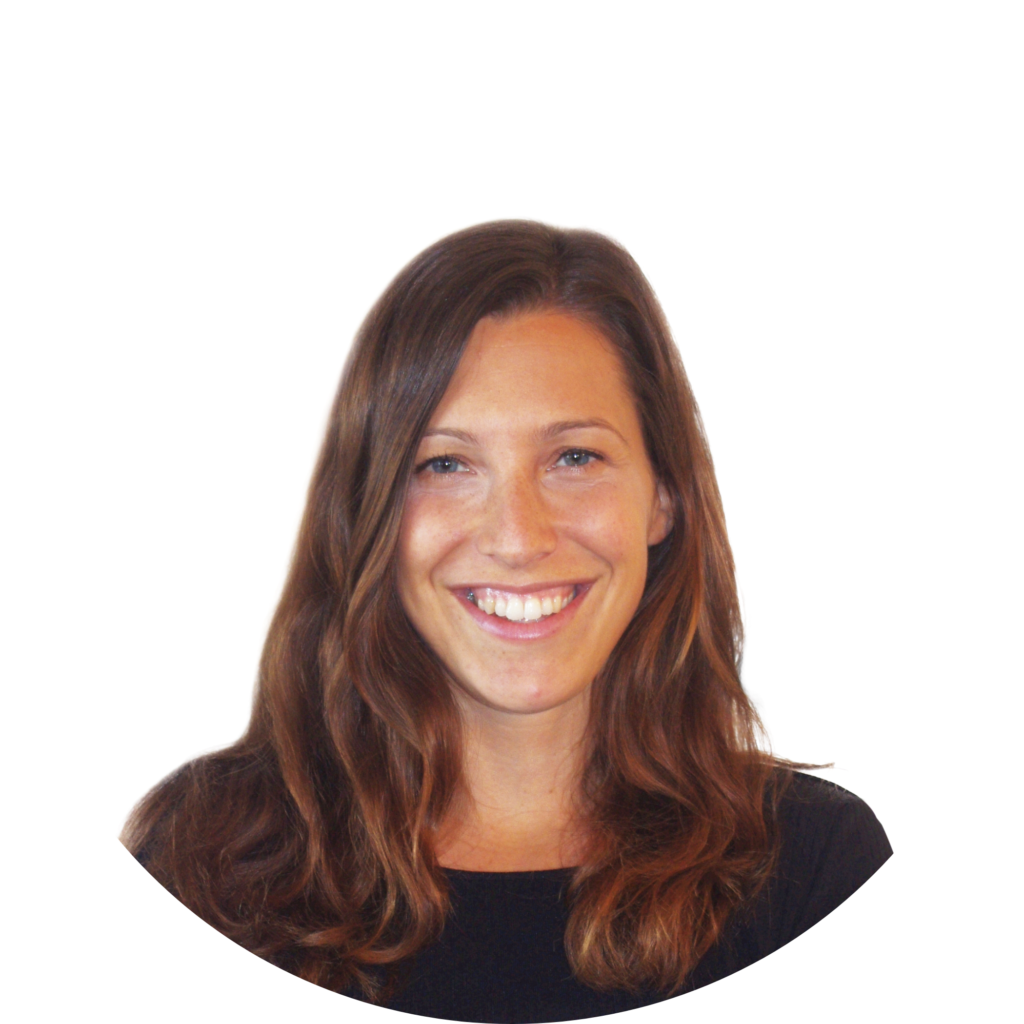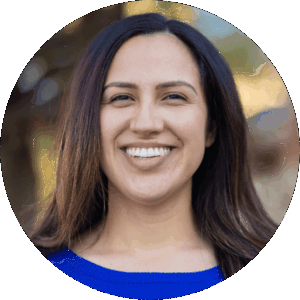A FIDE certificate confirms language proficiency in one or all of Switzerland’s official languages. It’s recorded in a ‘Language Passport’ that you receive after passing the FIDE proficiency exam.
The certificate demonstrates that you have a sufficient understanding of the language to integrate seamlessly into the local community. It’s also a requirement for residence and settlement permits, as well as naturalization.
What Is a FIDE Certificate For?
A FIDE certificate assesses your oral (speaking and comprehension) and written (reading and writing) skills in French, Italian, or German. It ensures that you can effectively communicate in everyday situations, whether that’s conversing with your peers, attending school, or going to work.
How to Get a FIDE Certificate
You receive a FIDE certificate after passing the FIDE exam for your chosen Swiss language. To do this, you must first register for the test at least fifteen days before the exam date. You take either a written test on paper or an online test. Your test results will be sent by mail about four weeks after the exam.
If you pass, you’ll receive a Language Passport with your test results. You can use this to satisfy residence requirements and other purposes. The FIDE certification benefits for careers or higher education include being able to easily prove that you are capable of working with locals or studying at a local university.
What If I Don’t Pass the FIDE Exam?
If you don’t pass the FIDE test or want to demonstrate a higher proficiency level, you can retake the exam. How often can you take the FIDE exam? There’s no limit; you can take it as many times as you’d like until you get the score you want.
What Does a FIDE Certificate Do For My Residency?
Non-Swiss residents are required to prove language proficiency in one of Switzerland’s national languages (based on where you’re located) in order to obtain or extend a residence permit, get a settlement permit, or become a Swiss national.
Let’s break down what a FIDE certificate can do for your residence and the minimum language requirements for each situation:
Residence Permit
Foreigners who want to stay or work in Switzerland for more than three months must get a residence permit (B). This is a renewable permit that can be either short-term (less than a year) or annual (limited). To secure or extend a residence permit, you must have at least A1-level oral skills certified by FIDE.
Settlement Permit
A settlement permit, also known as a residence permit (C), is a step up from a residence permit and is granted to foreigners who have spent at least ten years in Switzerland or have fully integrated and established strong ties with the local community.
Obtaining a settlement permit requires A2 oral and A1 written language proficiency levels. You can also be given a fast-track permanent residence permit (C) with B1-level oral and A1-level written skills if you’re eligible under certain other conditions (such as five years of uninterrupted residence in Switzerland).
Naturalization
If you want to become a Swiss national, you can do so with B1-level oral and A2-level written skills with ten years of residence in the country under standard naturalization rules.
Integration
A FIDE certificate is a good way to practice a new language and provide proof of your integration into Swiss society. It shows that you are committed to becoming a local and being part of the culture.
German Academy Zurich Helps With Residency in Switzerland
German Academy Zurich offers easy and accessible German language A1 and A2 courses that can help you master the language and eventually reside in the German-speaking regions of Switzerland. Check out our website for available courses and sign up today to get started!












